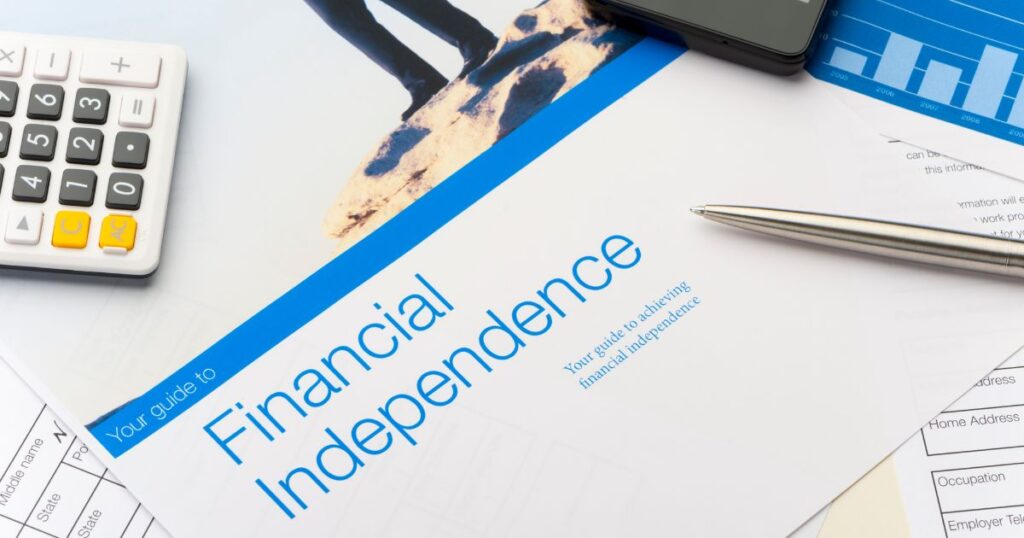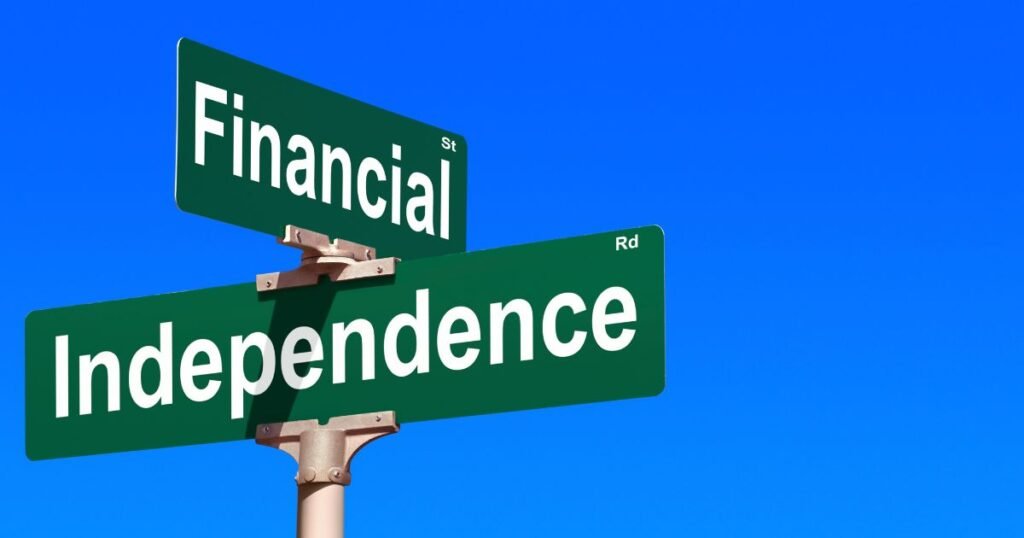Retiring early with financial independence is a goal for many individuals. The thought of having the flexibility to enjoy life without the restraints of a typical career is attractive. Financial independence refers to the ability to cover your bills and sustain your desired lifestyle without relying on employment income.
It means having enough wealth and passive income streams to support yourself and your family However, early retirement involves careful planning, disciplined savings, and savvy investment techniques. In this article, we will discuss numerous actions and ideas to aid you on your path to retiring early with financial independence.
13 Points on Retire Early with Financial Independence
1. Assessing Your Current Financial Situation
Before going on the route toward early retirement, it’s vital to examine your existing financial condition. Evaluate your income, expenses, assets, and liabilities. Determine your net worth and assess your spending trends. This assessment will provide a clear beginning point for establishing a plan to achieve financial independence.
2. Setting Clear Financial Goals
Setting clear and detailed financial goals is vital for charting your route to early retirement. Define how much money you need to accumulate to sustain your preferred lifestyle. Consider issues such as housing, healthcare, travel, and any other expenses that are significant to you. Having a specific aim in mind will guide your savings and investing plans.

3. Creating a Budget and Cutting Expenses
Creating a budget is a vital step toward gaining financial independence. Track your income and expenses attentively to understand where your money is going. Identify areas where you may cut spending and save more. Small changes in daily routines, such as eliminating dining out or minimizing discretionary spending, can have a huge effect on your long-term financial health.
4. Increasing Your Income
While decreasing spending is vital, boosting your income can hasten your journey to financial independence. Look for ways to enhance your earnings, such as obtaining a promotion, changing professions, or beginning a side business. Investing in your talents and education might also offer doors to higher-paying opportunities. The combination of lower expenses and greater income will accelerate your savings rate.
5. Building an Emergency Fund
Building an emergency fund is vital to protect yourself from unexpected financial losses. Aim to save at least three to six months’ worth of living costs in a liquid and easily accessible account. This fund will provide a safety net and prevent you from delving into long-term investments or going into debt during hard times.
6. Paying Off High-Interest Debt
High-interest debt, such as credit card debt or personal loans, might impair your progress toward financial freedom. Develop a plan to pay off these loans systematically, starting with the highest interest rate first. By removing high-interest debt, you may shift those payments towards savings and investments, further expediting your route to early retirement.
7. Investing for Long-Term Wealth
Investing is a great instrument for developing long-term wealth and achieving financial freedom. Start by educating yourself on various investment possibilities, such as stocks, bonds, real estate, and index funds. Consider your risk tolerance, and investing horizon, and seek professional assistance if needed. Consistent and disciplined investing over time can create considerable profits and contribute to your early retirement goal.
8. Diversifying Your Investments
Diversifying your investing portfolio is critical to limit risks and enhance rewards. Spread your assets across diverse asset classes, sectors, and geographical areas. By diversifying, you lessen the impact of any single investment’s performance on your whole portfolio. This technique helps protect your wealth and boosts the possibility for long-term growth.

9. Maximizing Retirement Accounts
Take full advantage of retirement plans, such as 401(k)s or IRAs, to maximize your tax-advantaged savings. Contribute the maximum possible amount each year and take advantage of any employer-matching contributions. These accounts offer tax benefits and can increase dramatically over time, creating a considerable nest egg for your early retirement.
10. Exploring Passive Income Streams
Passive income sources are a wonderful approach to producing continuing income without actively working. Explore opportunities like rental properties, dividend-paying equities, peer-to-peer lending, or producing digital businesses. Building passive income sources can supplement your savings and provide financial stability during retirement.
11. Tax Planning and Optimization
Optimizing your tax approach is vital for maximizing your savings and investments. Consult with a tax specialist to explore potential deductions, credits, or tax-efficient investing alternatives. By decreasing your tax liability, you can preserve more of your income and accelerate your journey toward financial freedom.

12. Adapting to Lifestyle Changes
Achieving financial freedom and retiring early typically entails altering your lifestyle and reframing your priorities. Embrace a minimalist mindset and focus on experiences rather than material goods. Find joy in simple pleasures and emphasise your physical and mental well-being. Adapting to a lower-cost lifestyle will raise your savings rate and bring you closer to your goal.
13. Monitoring and Adjusting Your Plan
Regularly evaluate and reassess your financial plan to ensure you stay on track for early retirement. Life circumstances, economic conditions, and personal aspirations may vary over time. Make required adjustments to your investment strategy, savings rate, and expenses to react to these changes. Stay informed about market trends and seek professional guidance when needed.
Conclusion
Retiring early with financial independence is a feasible goal with careful preparation, diligent savings, and savvy investment methods. By reviewing your present financial status, defining clear goals, creating a budget, and adopting a diversified investment plan, you can expedite your trip to early retirement. Remember to adapt to lifestyle changes, regularly check your progress, and make modifications along the way. With effort and perseverance, you may establish a fulfilling life of financial freedom.
FAQs About Retire Early with Financial Independence
How much money do I need to retire early?
The amount of money needed to retire early varies depending on your desired lifestyle and expenses. It’s necessary to analyze your predicted expenses and select a goal savings amount that can sustain your necessities.
Can anyone achieve financial independence and retire early?
Yes, anyone can attain financial independence and retire early with good planning, discipline, and commitment to saving and investing. It may involve lifestyle adjustments and attentive money management.
How long does it take to reach financial independence?
The time required to reach financial independence differs for each individual. It relies on aspects such as income, expenses, savings rate, investment returns, and ambitions. With a smart strategy and constant effort, it’s feasible to reach financial independence in a shorter timeframe.
Should I seek expert guidance for my early retirement plan?
Seeking professional counsel from a financial advisor can provide helpful guidance and help maximize your early retirement plan. They can assist in building a customized approach based on your individual circumstances and goals.
Is early retirement solely about money?
Early retirement is not just about money but rather about obtaining financial independence and having the freedom to pursue your passions and interests. It entails cautious financial planning, but also personal fulfillment and lifestyle choices.



